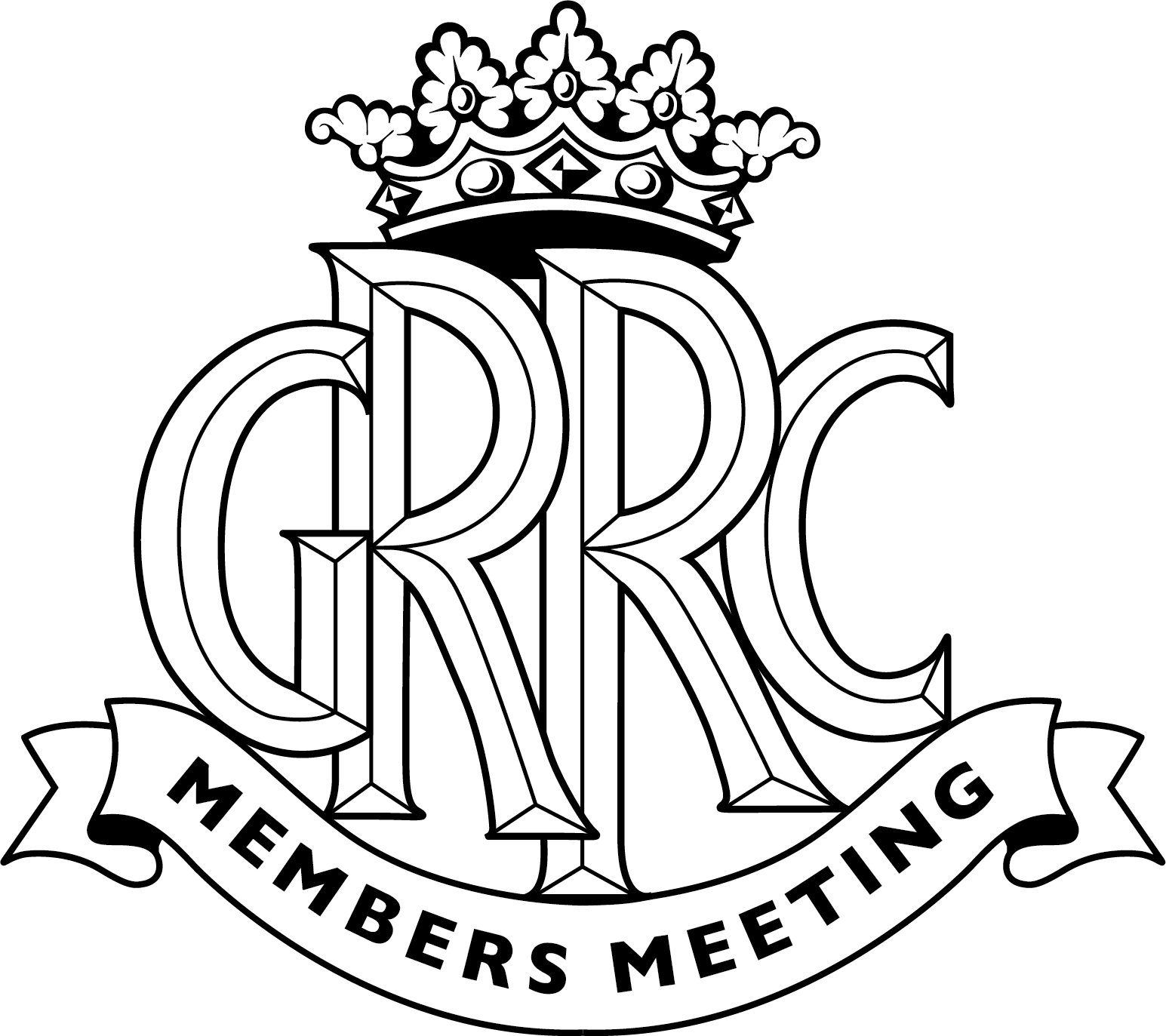Thank Frankel it's Friday: Digging into Derek Bell's Porsche Story
 Andrew Frankel
Andrew Frankel
There was a time a few years back when I thought that whatever media we consumed would be done so via a combination of lap-tops, desk-tops, tablets, telephones and e-readers. I even went so far as to buy a Kindle and quite enjoyed its many advantages. But I appear to have stopped using it.

I could scarcely have been more wrong. In this era of constant electronic bombardment, I find the crashing of a weighty tome onto the doormat like climbing back into a warm and cosy tent while the blizzard rages outside. And I can lose myself therein for days.
The most recent provider of such succour has been the latest biography of Derek Bell, or semi-autobiography because it was written in collaboration with Bell by well-known classic car writer Richard Heseltine, with much of it taking the form of quotes from the great man himself.
The subject is not just Derek, but specifically his 29-year career as a front-line racer of Porsches. There is something of his other achievements in the introduction but it is not the all-encompassing work that was ‘Derek Bell – My Racing Life’ written on a similar basis by the late Alan Henry and published back in 1988.
Not that Heseltine’s book is any the worse for that. I like a book with a bit of focus and if it can act as a kind of unintentional reference work at the same time, so much the better. And the key point to me is that it details every race in which Derek competed for Porsche from his first outing in a JWA 917 at the tragic 1971 Buenos Aires 1000km that saw the needless death of the great Ignazio Giunti, to his last laugh in the Daytona 24 Hours nearly three decades later.
No, this is not the work requiring the kind of depth of research that must have been needed for Henry to detail all 585 of Stirling Moss’s competitive outings (Stirling Moss – All My Races, Haynes 2009), but Heseltine is able to go into greater depth and provide new and valuable insights not just into those four famous Le Mans wins (his first was in a Mirage), but the many lesser known triumphs and failures, particularly those achieved during his years racing in the US, which I feel are often overlooked on this side of the pond.
Published by Porter Press as it is, you’d expect the production values to be high and they are: the paper is thick and lustrous, the photographic reproduction of a consistently high standard throughout. Some images are better than others, but that’s hardly surprising when you consider the often variable standards of motorsports photography and the fact that Bell drove Porsches in exactly 200 races.
As for the prose, Heseltine is an accomplished scribbler who strikes broadly satisfying balances between information and entertainment, his perspective and Bell’s quotes. He is, of course, helped enormously by his subject who couldn’t be boring if he tried.
As well as liking him enormously, I’ve always been fascinated by Derek Bell the man as much as the driver, but the subject matter means this book is very much more about the latter than the former. I think despite all he achieved (five Le Mans victories, three Daytona 24 Hour wins and two World Sports Car Championships to name just the most obvious), Derek still seems not quite certain of his place in the history books, suggesting a modesty bordering on insecurity that I have always found refreshing in a world where such unaffected self-effacement is not exactly commonplace.

There’s precious little not to like here save a shape that is longer than it is tall and therefore won’t fit easily onto shallow bookshelves. And for those who find the £45 list price a little steep, new copies are already on sale on line for rather less.
Even so, perhaps space remains for another Derek Bell book still to be done, maybe in time for his 80thbirthday a mere three years from now. For now however and as far as it goes, this is an interesting story, and conspicuously well told.
Andrew Frankel
Porsche
Derek Bell
Thank Frankel It's Friday

Andrew Frankel
Thank Frankel it's Friday: Derek Bell, the modest legend

Andrew Frankel
The Porsche 917/30 was the best car I drove in 2019 – Thank Frankel it’s Friday

Andrew Frankel
Thank Frankel it's Friday: racing a Porsche 904 at Le Mans was one of my greatest experiences

































































